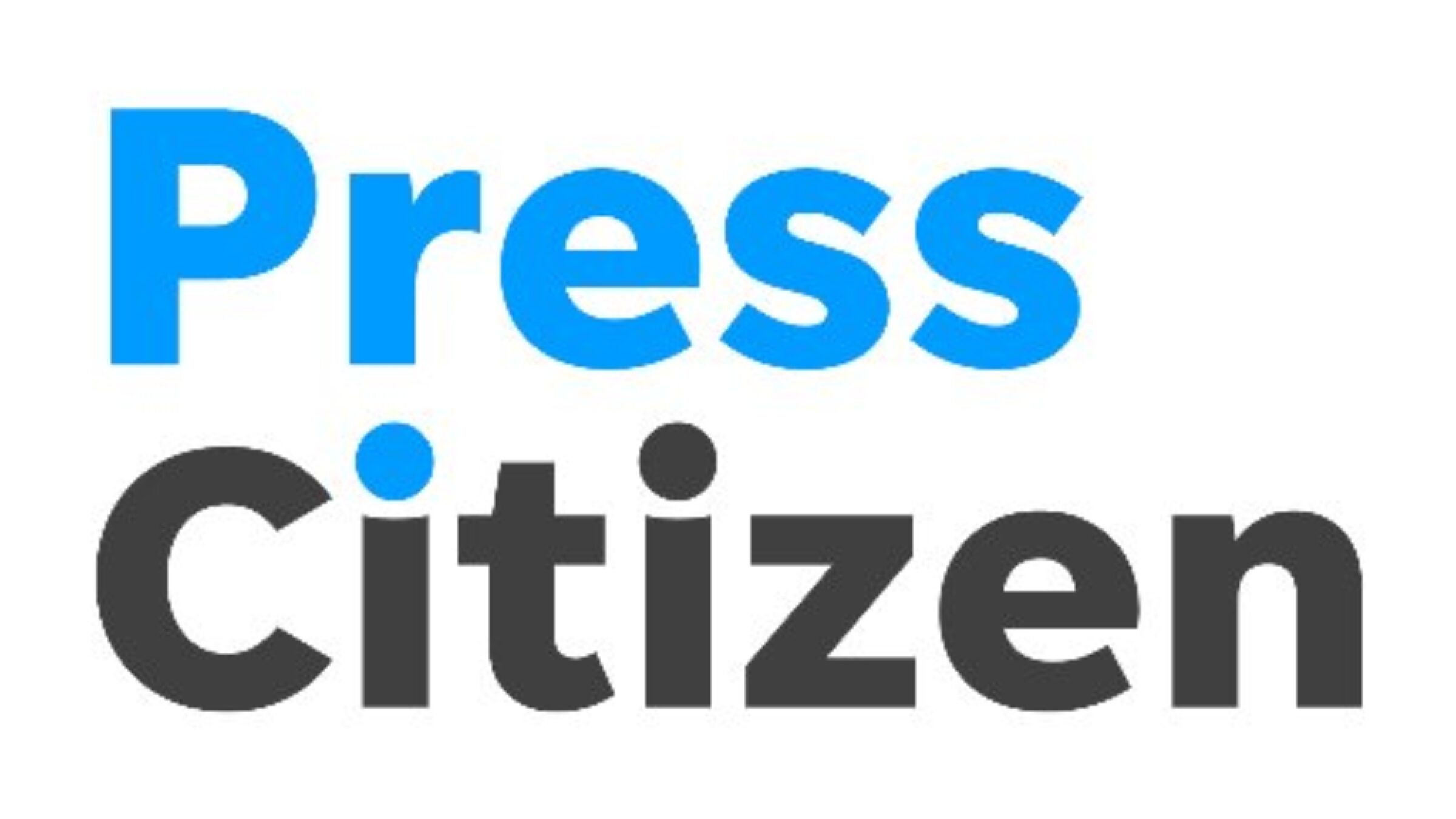Iowa’s Future Caucus investigates how to grow renewable energy industry
August 17, 2019
The Iowa Future Caucus, a bipartisan, bicameral group of four state legislators, toured four renewable energy facilities this week in hopes of getting a more intimate look at Iowa’s own production.

The Iowa Future Caucus, a bipartisan, bicameral group of four state legislators, toured four renewable energy facilities this week in hopes of getting a more intimate look at Iowa’s own production.
“I think it is really important to have legislators speak with confidence about, one, the impact that renewable energy has on the economy and, two, the impact it has on the environment,” said State Sen. Zach Wahls, D-Coralville.
“It’s important to know that people know that renewable energy is a bipartisan issue,” said State Rep. Joe Mitchell, R-Mount Pleasant. “We want to know what we can do to build it here in Iowa.”
Wahls, Mitchell, State Rep. Lindsay James, D-Dubuque; and State Sen. Zach Nun, R-Bondurant toured Golden Grain Energy, an ethanol plant in Mason City; Renewable Energy Group, a biodiesel plant in Mason City; NextEra Wind Farm, a wind farm in Colo; and Moxie Solar’s installation at the North Liberty Parks Department.
For legislators, some numbers stood out. James said that the quick job expansion companies like Moxie are experiencing grabbed her attention to the potential of both doing less harm to environment and creating more jobs for Iowans.
“I believe in climate change and I will talk about how we need do something about it until I’m blue in the face, but I also care deeply about economic development,” James said. “I think part of this is finding where we have common ground on these issues.”
For Wahls, it was 85,000 homes. According to a presentation by NextEra, the company on average powers 85,000 homes through its two facilities in Story County. Both operate 100 wind turbines that pus energy into the grid.
Mitchell was struck by the take-home salary at Golden Grain. The average pay for an employee is $90,000 annually. “That’s well above the $15 an hour you will hear people talking about,” Mitchell said.
But from solar to biodiesel, this regulatory environment can make or break the sector.
The tour came just months after a legislative session where a bill came close to passing to allow Iowa’s public utilities to charge additional fees to new solar customers. Supporters believed it compensates for the use of the electrical grid. Others believe the so-called “sunshine tax” would squash Iowa’s small but growing solar industry.
“I believe we are living in a delicate ecosystem where we have to rely on one another,” said James. “If we are going to work to continue building clean and renewable energy resources we have to find ways to support them.”
In Iowa, the law requires 105 megawatts of its energy production come from renewable sources. Mike Carberry, vice president of the Iowa Wind Energy Association, said that while this was good in the beginning, production has eclipsed that rate and the worsening climate crisis may demand even more.
“Ours is just 105 megawatts,” Carberry said. “We far surpass that but a lot of states like Illinois and Minnesota who came on later outpace our percentages.”
Called a renewables portfolio standard, utility companies are required to meet these standards through generating it themselves or buying it from customers.
According to Solar Power Rocks report, while the state’s two investor-owned utilities, MidAmerican Energy and Alliant Energy are only required to produce 105 megawatts, 37% of the state’s energy production came from wind alone in 2017. With industry out ahead of policy, there is little appetite for increasing the requirements of the renewable portfolio standard or adding solar specific requirements.
Chris Hoffman, business developer for Moxie Solar, said that in addition to requiring more solar in the energy portfolio, the state’s solar industry would benefit from a larger state solar tax credit.
Currently, Iowa offers a 15% individual tax credit for solar energy systems. Each taxpayer can claim up to $5,000 for residential systems and $20,000 for commercial systems under the program, and any excess credits may be carried over for up to 10 years. But these are limited to $5 million per year.
“It’s the same pool of money that’s been there since the beginning,” Hoffman said. “All of us are in that pool, and we run out each year.”
Iowa’s Future Caucus investigates how to grow renewable energy industry
CLOSE The Iowa Future Caucus, a bipartisan, bicameral group of four state legislators, toured four renewable energy facilities this week in hopes of getting a more intimate look at Iowa’s own production. “I think it is really important to have legislators speak with confidence about, one, the impact that renewable energy has on the economy and, two, the impact it has on the environment,” said State Sen.






Join 1,900+ BIPARTISAN LEADERS NATIONWIDE
Be a part of a network of lawmakers committed to governing effectively, passing more representative public policy, and increasing public trust in democracy.